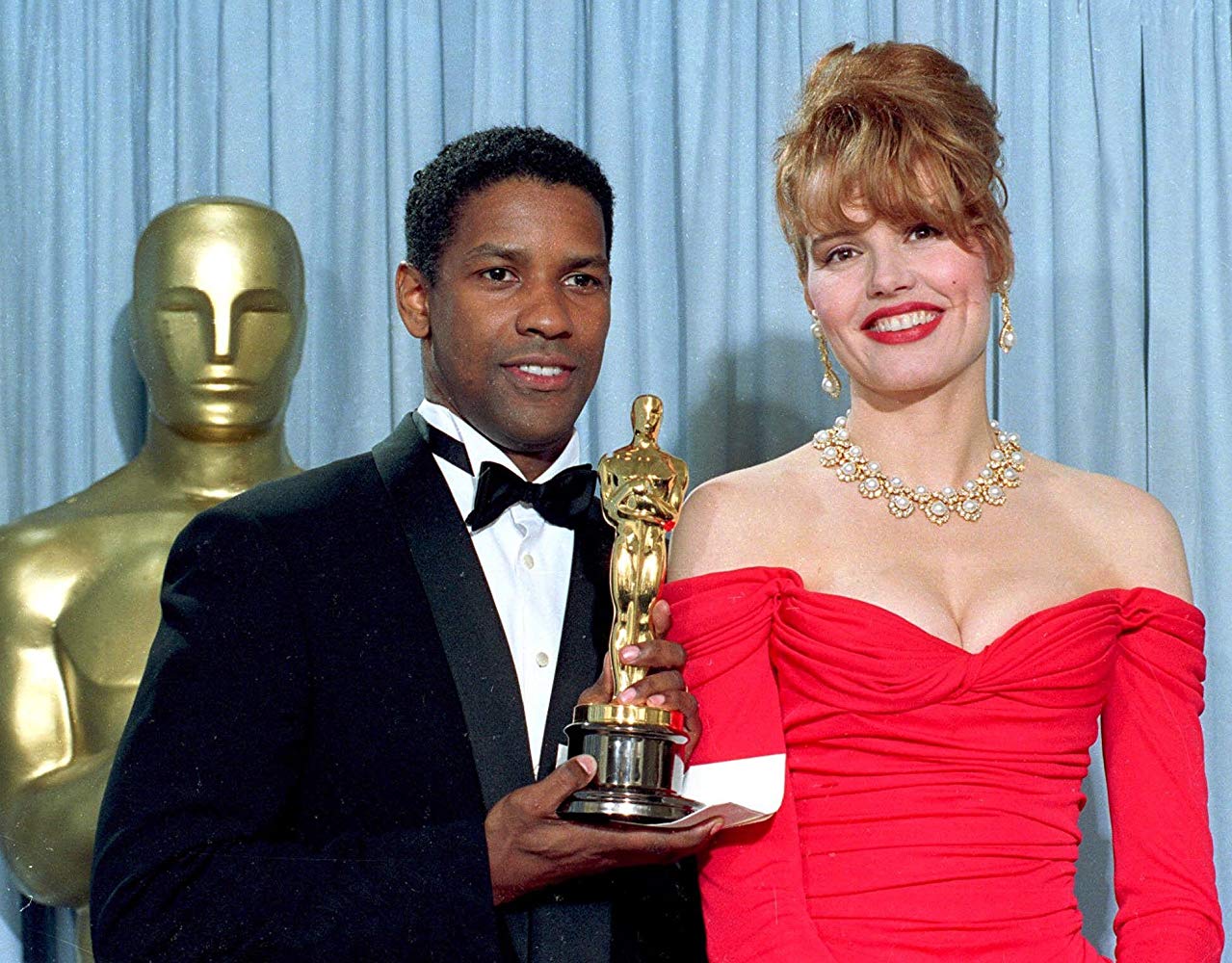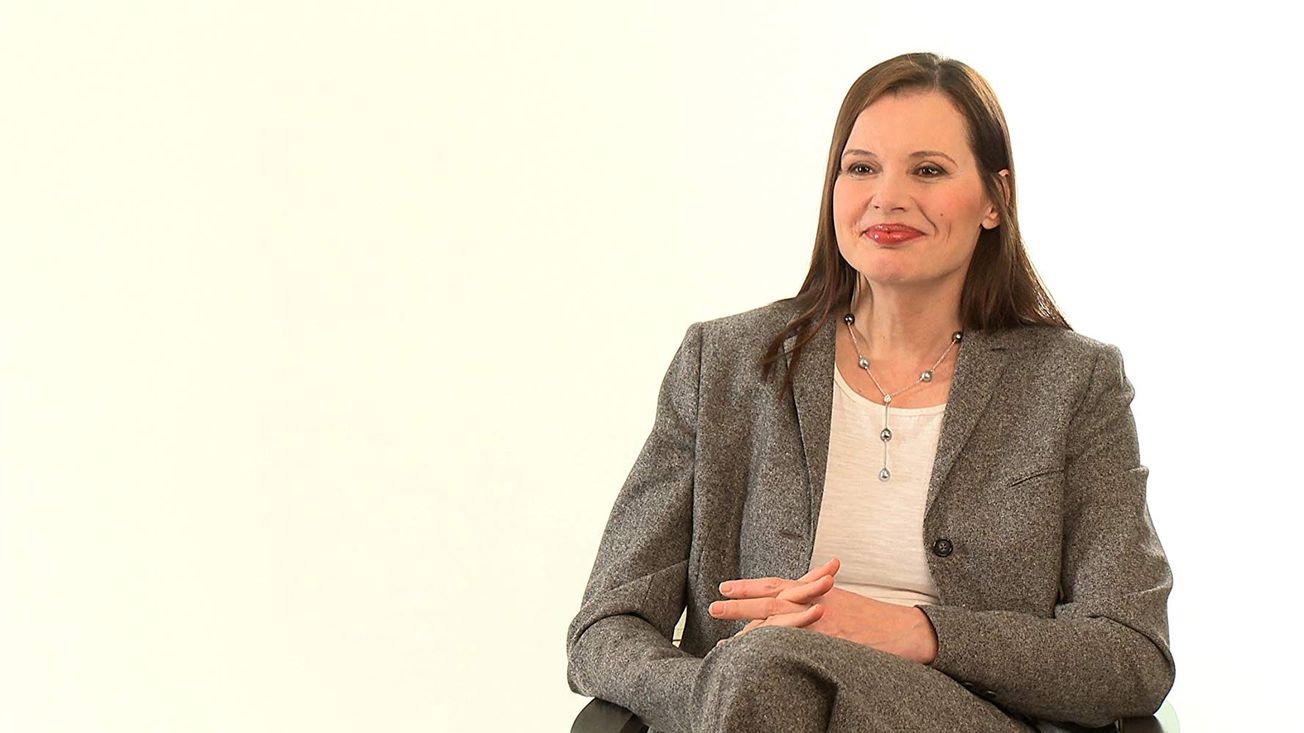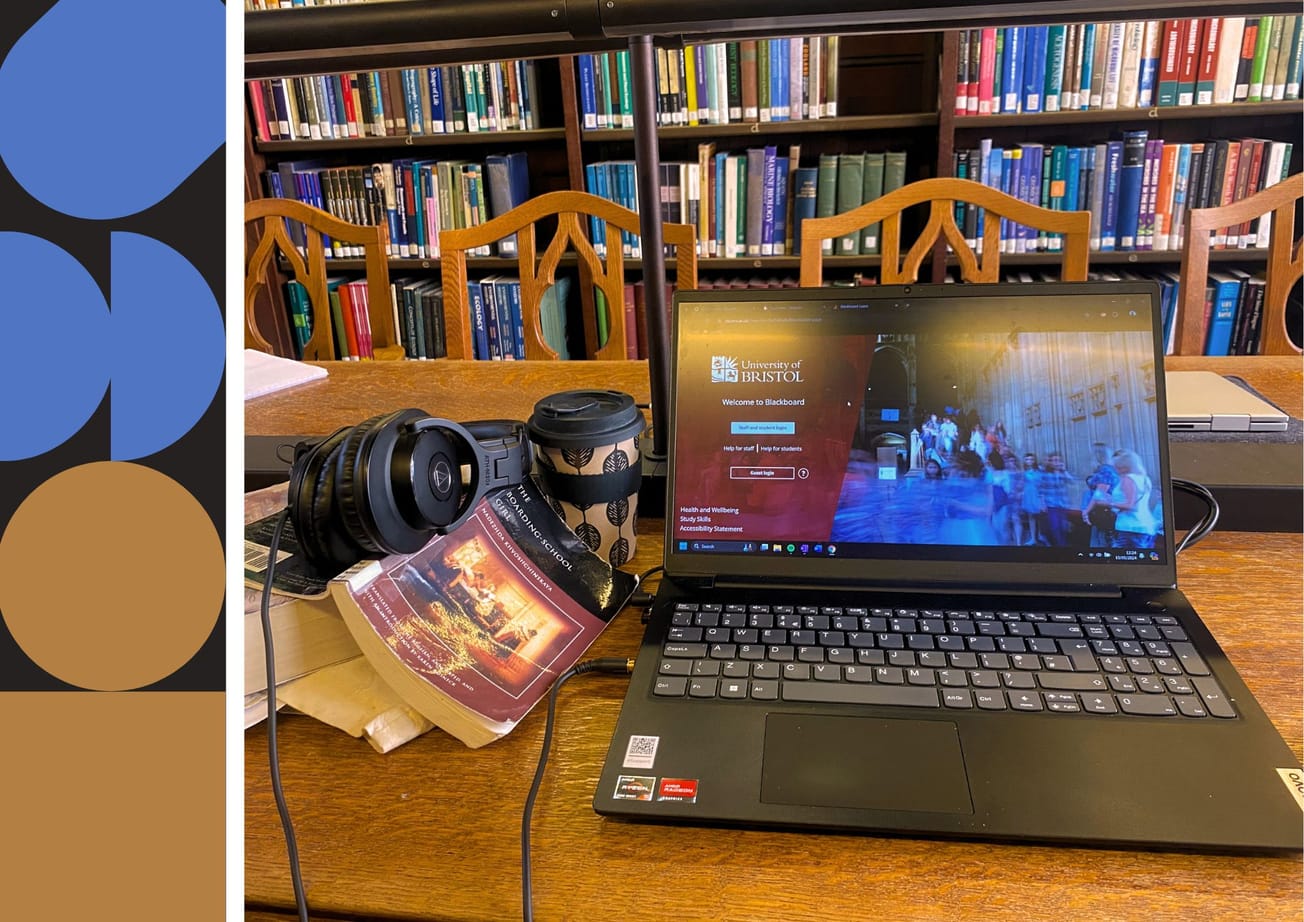By Sophy Leys Johnston, Third Year, English Literature
As part of Epigram Film & TV's 'Female Film Icons' series, the significance of Geena Davis's actor career and her role in an increasingly prevalent feminist movement in Hollywood.
Perhaps best known for her starring role alongside Susan Sarandon in Thelma and Louise (1991), her Academy award-winning performance in The Accidental Tourist (1988), or her brief stint as one of few on-screen female Presidents in Commander in Chief (2005) - for which she won a Golden Globe before its premature cancellation a year later - Geena Davis has long proven herself a true icon of the big screen. But it is her roles off-screen - be-it executive Hollywood producer or outspoken activist for gender equality - that confirms Davis as nothing short of inspirational.
In 2004 Davis founded the ‘Geena Davis Institute on Gender in Media’ (GDI) after becoming aware of the inequality within the shows and films her own daughter was watching. Through the employment of extensive research methods, the institute aims to expose and challenge representative gender imbalances within all forms of media targeted towards children aged 11 and younger.

IMDb / Academy Awards
As a result of the institute, Davis was also able to develop the revolutionary software tool, the ‘Geena Davis Inclusion Quotient’ (GD-IQ) in 2016. The programme is designed to analyse audio and visual content in order to produce data on factors such as screen or speaking time ratios with a high level of accuracy.
The groundbreaking ‘Geena Benchmark Report’, a product of the extensive research carried out by GDI between 2007-17, highlights the extent of Hollywood’s diversity issue. And some of the findings are shocking.
Through an analysis of the top 100 family films within this decade the report found that, despite women representing half of the film-going population, 71.3% of these films contained male leads compared to the 28.8% containing female leads. The report also draws attention to the disproportionate under representation of other marginalised groups such as queer actors, actors of colour or those with a disability. And the research appears to have had a clear an impact; working in collaboration with both the media and entertainment industries, GDI has impacted gender portrayal in a number of family films such as the popular Inside Out (2015) or Hotel Transylvania (2012).
“The ratio of male to female characters in film has remained the same since 1946”
— GeenaDavisInstitute (@GDIGM) 8 March 2019
Geena Davis, This Changes Everything pic.twitter.com/McZ7oGsWuQ
Speaking on the significance of the study, Davis says it is important ‘because the stories that we tell in media send a clear message about who matters most in our culture’. She is well aware that media’s current tendency to under represent or sideline female roles establishes a set of limitations in the eyes of young girls, who are offered few role models.
The key, she believes, lies within the transgressional realm of the screen; ‘there are woefully few women CEOs in the world, but there can be lots of them in films. We haven't had a woman president yet, but we have on TV’. The motto of GDI, ‘see it, be it’, reflects Davis’ forward-facing goal; to motivate and inspire a new generation of female empowerment and dominance within film.
Her work doesn’t stop there; since founding GDI, Davis has gone on to co-found the Bentonville Film Festival in 2015, on the premise of recognising and pushing for diversity both on and off screen. The festival is also unique in its ability to offer a guarantee of multi-platform distribution to its wide-ranging host of winners. Though it is still within its relatively early stages, the festival welcomed an overwhelming 85,000 attendees last May and continues to expand.
🤔 What's up with that?
— GeenaDavisInstitute (@GDIGM) 24 February 2019
What's your favorite genre? Do you see a difference? #SeeitBeit
⠀
The #GeenaDavis Benchmark Report is the first to take a long-term view of the main characters in family films.
⠀
To learn more check out the full reporthttps://t.co/mk5Vnn77jY pic.twitter.com/TbGlhjjiR3
Davis has also executively produced the recent documentary This Changes Everything (2018), which focuses on discussions surrounding the ‘Me Too’ movement and voices the experiences of a number of Hollywood actresses including Meryl Streep, Rosario Dawson and Zoe Saldana. The film has already received critical acclaim at last year’s TIFF, where Davis also delivered a speech as part of the ‘Share Her Journey’ rally, and will be theatrically released later this year- so look out for it!
Featured Image Credit: IMDb / Miss Representation
Have you read about our other female film icons?
Facebook // Epigram Film & TV // Twitter








